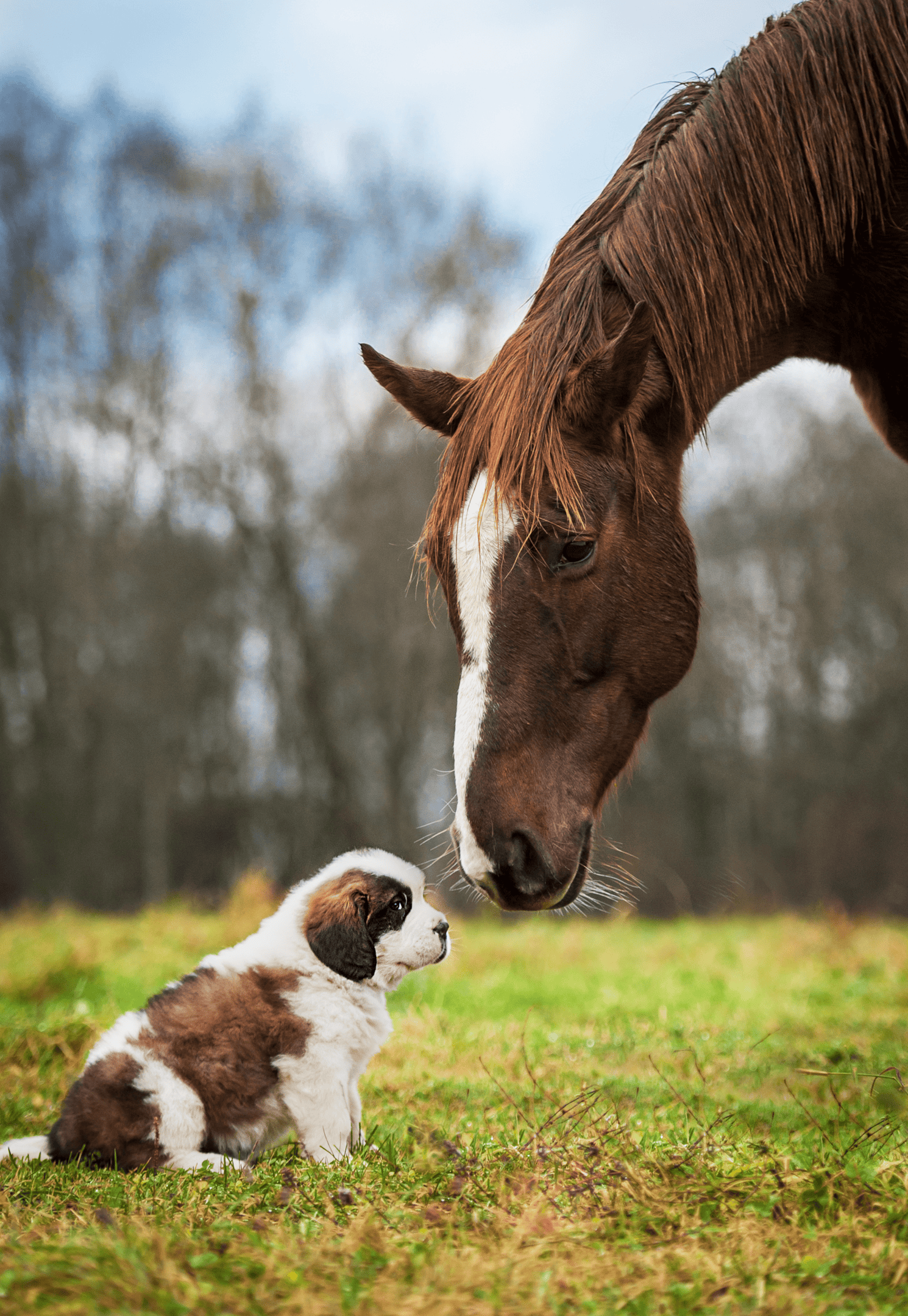 When I got my dog, Roxy, she was a 12-week-old puppy. At the time, I had two young daughters and a home full of animals. I knew that Roxy’s life would be filled with energy, excitement, and new experiences every day.
When I got my dog, Roxy, she was a 12-week-old puppy. At the time, I had two young daughters and a home full of animals. I knew that Roxy’s life would be filled with energy, excitement, and new experiences every day.
Our home sat on a sprawling piece of land in Hawai’i. Our property was bustling with cows, cats and horses. Over three decades as I dog trainer, I’d learned that early introductions build confidence. So, at 3 months old, Roxy met the whole crew.
She mingled with the cows, sat calmly beside the horses, and played with the cats, all under my watchful eye.
And I made sure she had fun the whole time! I showered her with words of encouragement, gentle TTouches, and treats. I observed her closely for any signs of overwhelm.
That is the process of socialization.
Your puppy may never meet a cow in his life, so that part won’t be important for you. The point is to introduce your dog to all kinds of people, places, sounds, animals, and experiences from an early age. And the most important part is to make sure your puppy has fun doing it!
In this guide, we’ll explore into the key aspects of socializing your pup, creating positive experiences, and building a beautiful bond. At the end, you can find an extensive checklist of things to experience with your puppy for successful socialization.
The Puppy Socialization Timeline
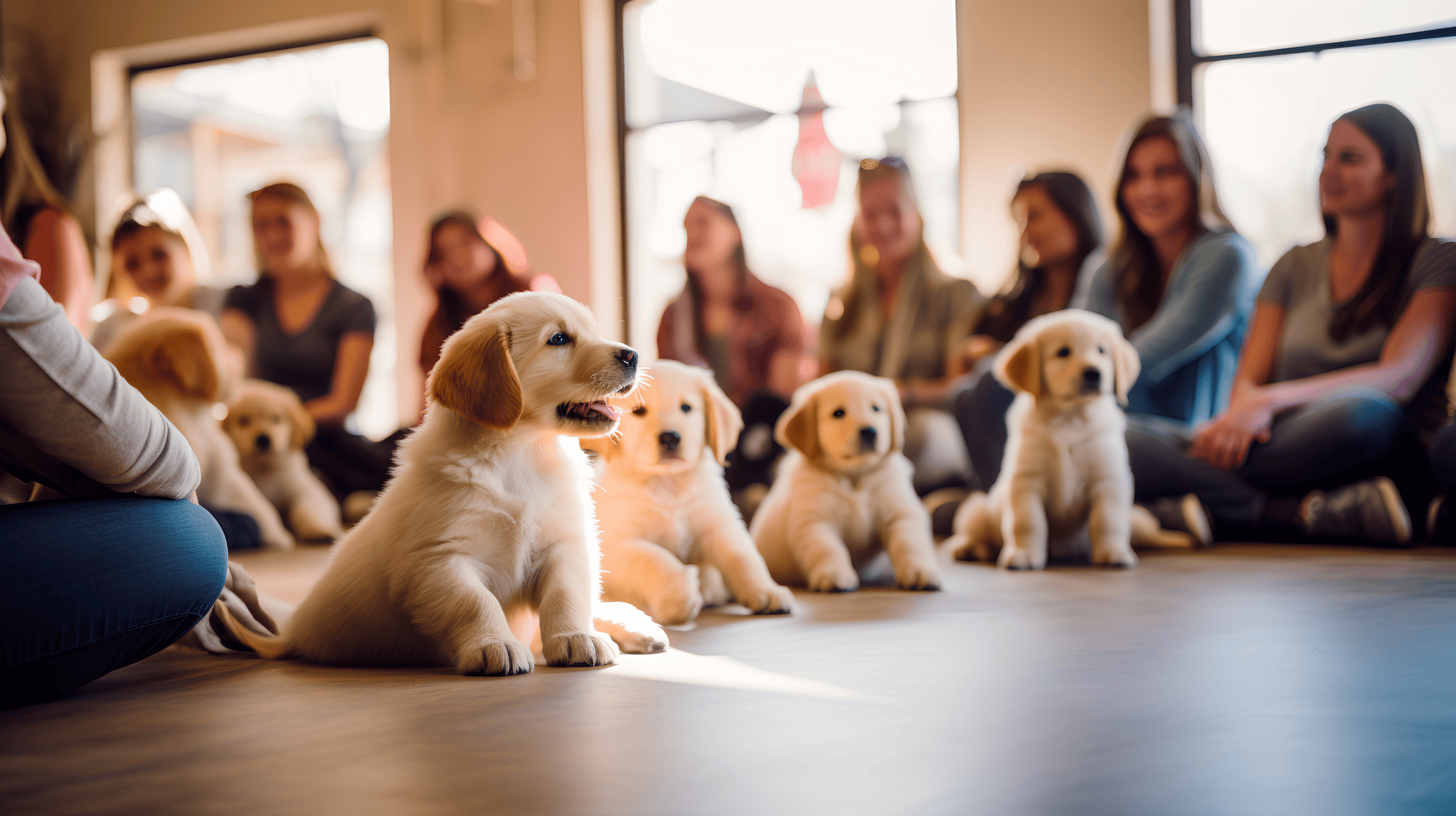
According to the American Veterinary Society of Animal Behavior, the ideal socialization period for puppies is within the first 3 months of a puppy’s life. This is when puppies are more open to new experiences and less likely to develop fear or aggression.
In my decades as a dog trainer, I’ve found that puppies are also extra curious at this age. They are already motivated to explore the world. And socialization is how you can help in that process! It lays the groundwork for an optimistic and confident dog.
Maybe you just brought home an 8-week old puppy. If so, then you have an ideal amount of time to work through a full socialization checklist.
But what if your puppy is older than 8 weeks? That’s totally okay. My dog, Roxy, was 12 weeks old when I brought her home. And I’ve helped many older puppies and even adult dogs gain confidence. Although the ideal window for socializing puppies is between 3 and 14 weeks, it is never too late to start!
Puppy Socialization 101
Here are my top priorities when working through puppy socialization:
- Pace Yourself: Too much too soon is a no-go. Slow and steady wins the socialization race. Allow your pup to set the pace. Take breaks when needed.
- Canine Communication Skills: Your puppy will give you cues with her body while she explores the world. Watch her body language and listen for sounds of distress. If your pup seems freaked out, take a break. Practice some TTouches (the Ear TTouch in particular is calming) and try again another time.
- No Blame Game: Be your puppy’s biggest fan! If something goes wrong, brush it off. Please don’t punish your pup for getting freaked out. Sometimes, a scared puppy will have an accident. Accidents happen! Take a deep breath, clean any accidents, and do some TTouches to refocus your dog.
Crafting a Puppy Socialization Checklist
A well-crafted puppy socialization checklist is your roadmap to success. It provides a structured approach to introducing your puppy to the world. Let’s explore some key elements. I have a full checklist at the end of the post, but here are some big-picture goals to be mindful of.
Socializing with Other Dogs
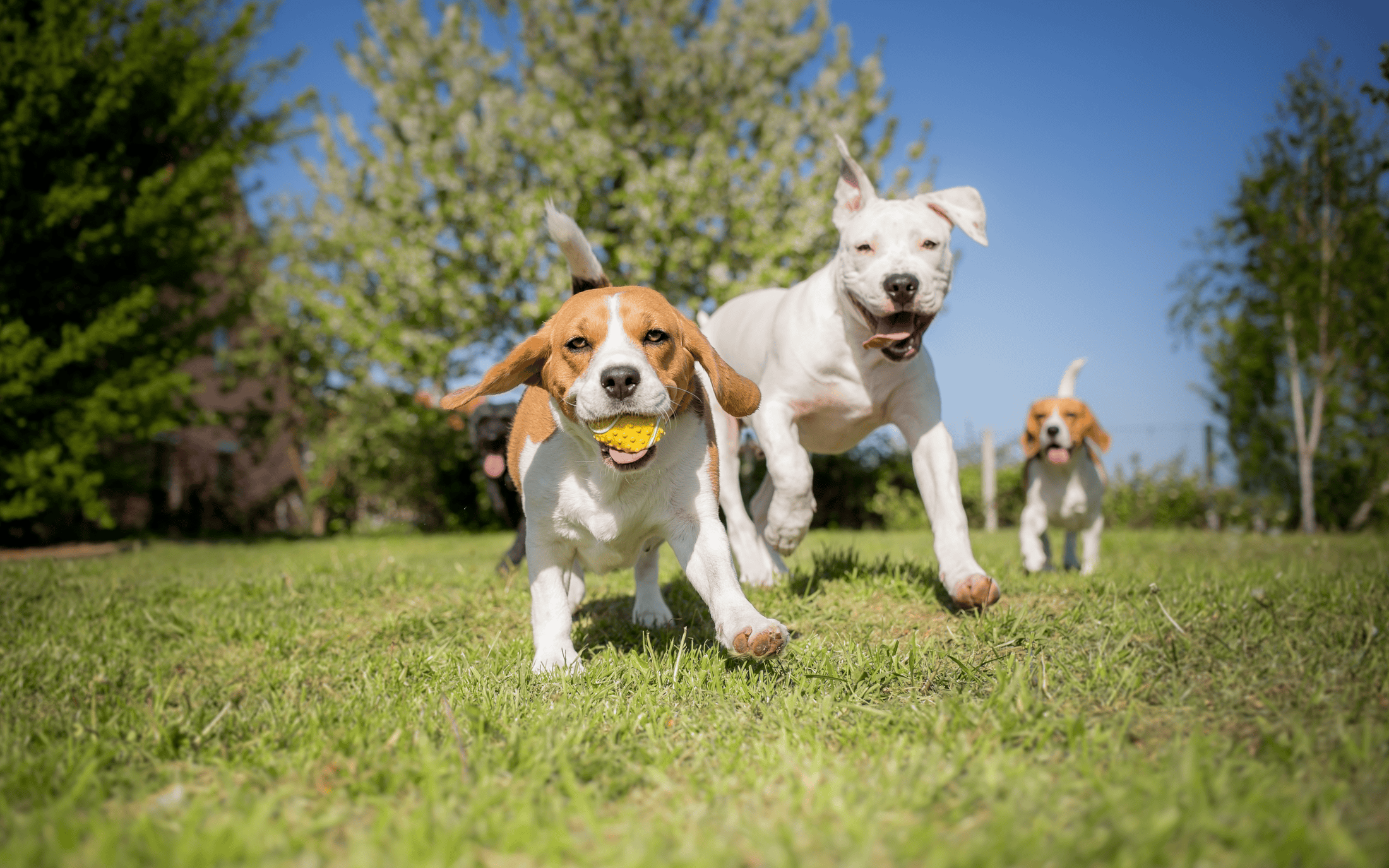 Many dogs are shy or fearful around other dogs. By introducing your puppy to other dogs from a young age, you help her to be more comfortable in social settings like a dog park.
Many dogs are shy or fearful around other dogs. By introducing your puppy to other dogs from a young age, you help her to be more comfortable in social settings like a dog park.
You can attend puppy classes or organize play dates with other puppies or friendly older dogs.
It’s okay if you don’t enroll your pup in puppy socialization classes. But I still recommend introducing your puppy to other dogs. Socializing with other dogs is a great way to teach your puppy other important life skills like bite inhibition.
I like to be mindful of the health status of other dogs, whether they are friendly, and the environment the dogs are playing in. It’s best to be careful so that both dogs stay healthy and safe.
Interaction with Other Animals
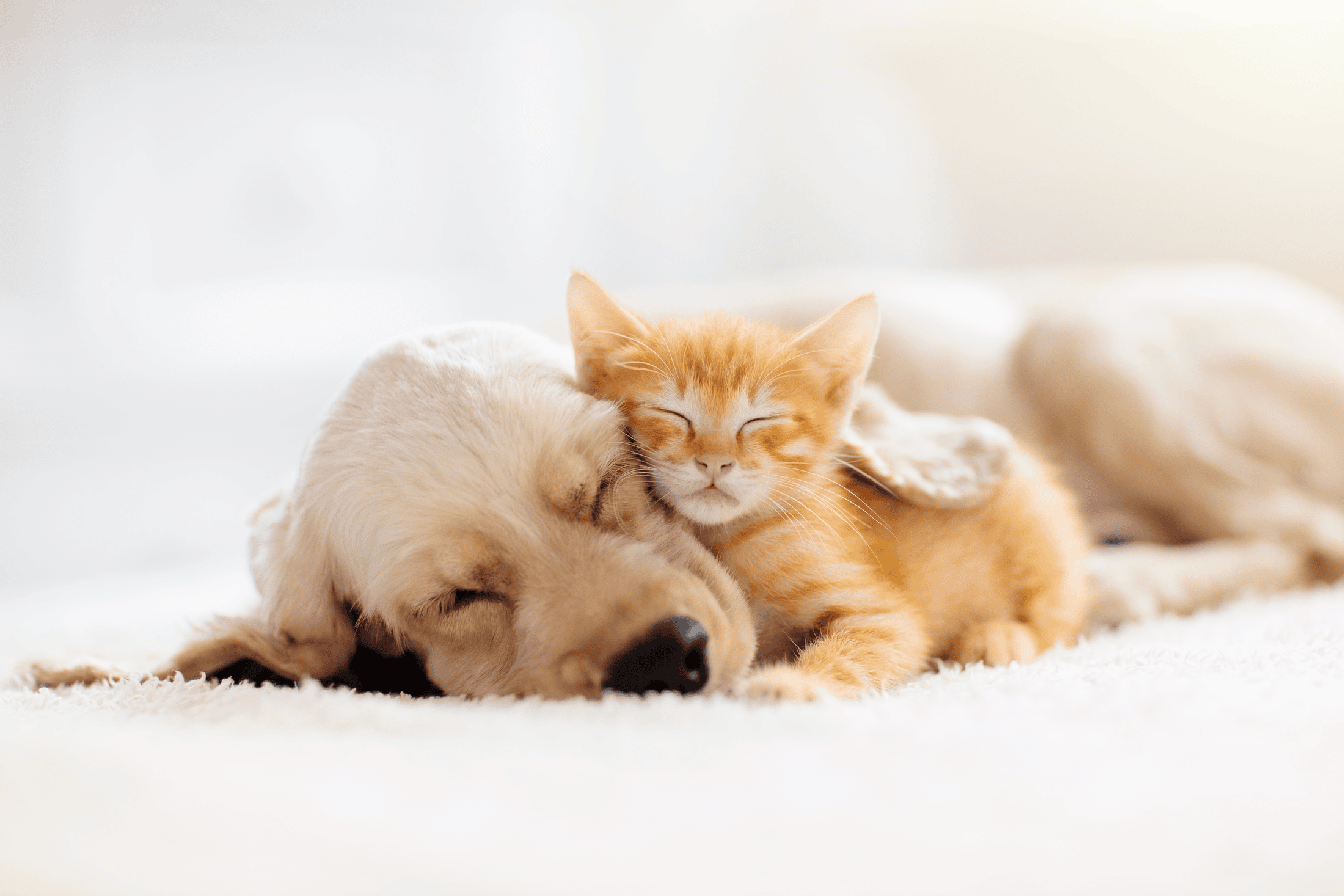
This is especially important if you live on a farm. Like I mentioned earlier, my dog Roxy spends every day surrounded by other animals.
Do you live in a city? This is still something to consider. Your dog will probably encounter animals like birds, cats, and squirrels.
Early exposure to these species is a great way to prevent painful leash pulling when your pup grows into a stronger adult dog.
Meeting Diverse People
Introduce your pup to individuals of various ethnicities. This helps ensure she is comfortable around people from different backgrounds. Everyone wants a friendly and inclusive dog!
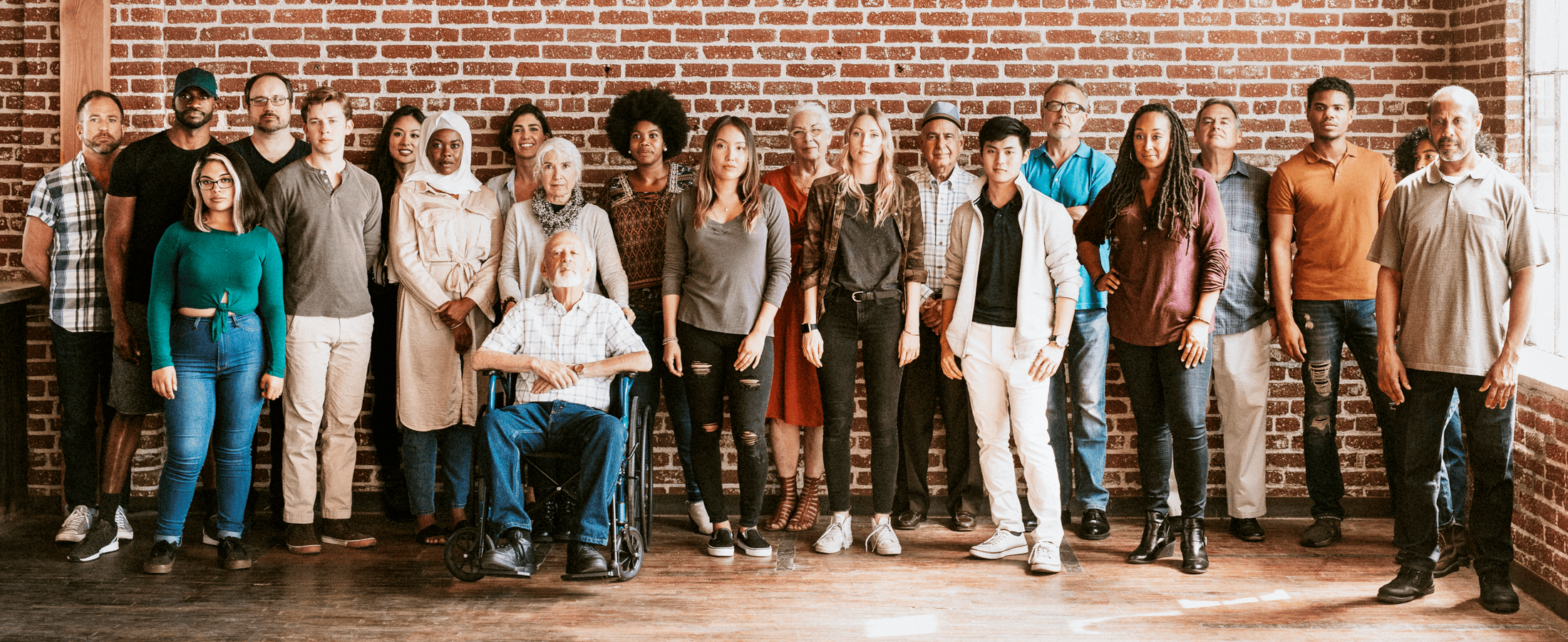
Diversity extends beyond race, too. Expose your puppy to people in wheelchairs, people who use a walker, and people wearing crutches. I also introduce puppies to people with facial hair and people wearing hoods, hats and helmets.
Or imagine being a dog on Halloween, when everyone is wearing masks, scary makeup, and costumes! This is another thing to be mindful of when socializing your puppy.
Exposure to Different Environments
From busy streets and street markets to quiet rural areas, expose your pup to diverse environments. This makes daily life more enjoyable for both of you!
Positive Experiences in Daily Life
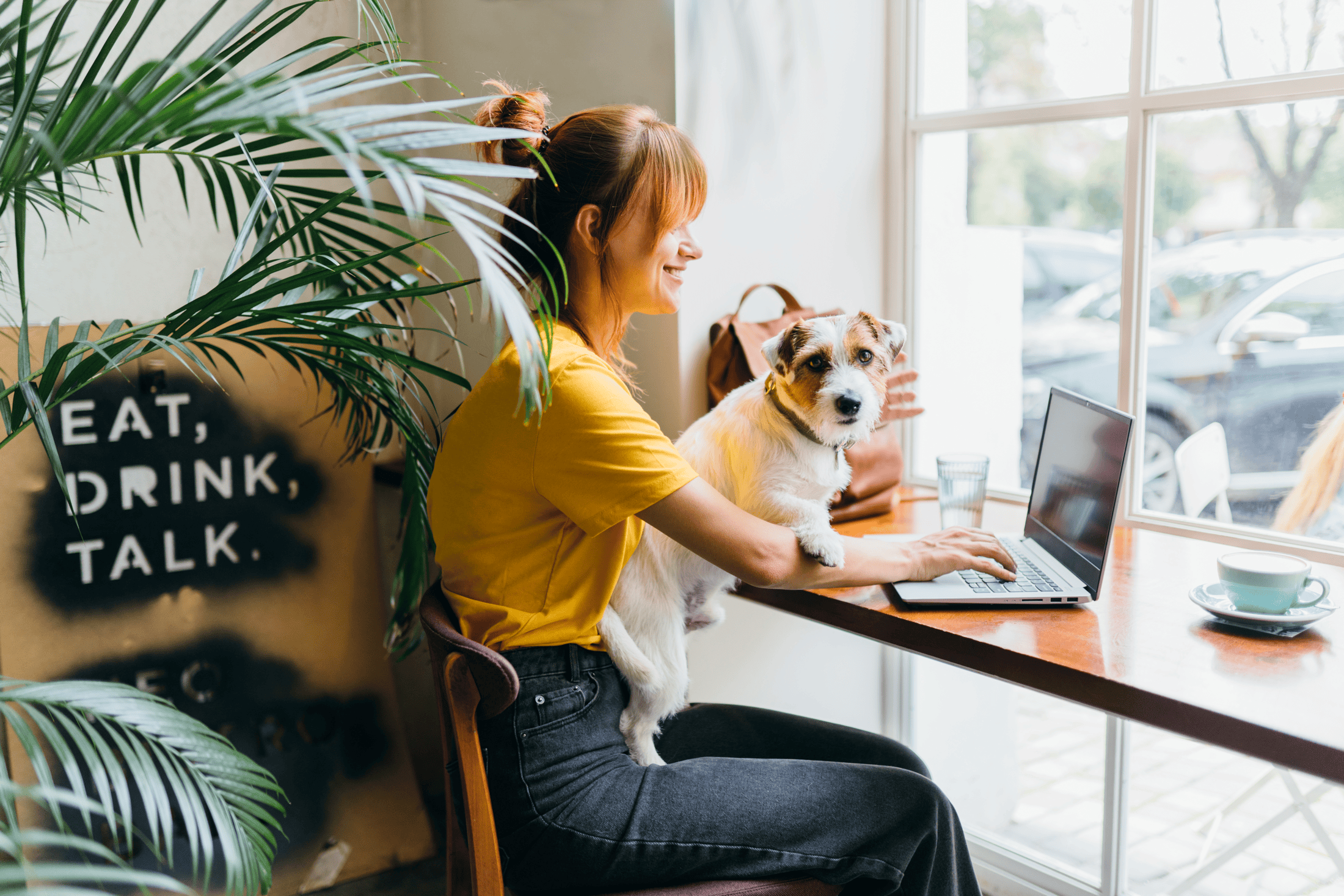 Incorporate your pup into your daily activities, including visits to pet-friendly stores, family gatherings, and friend’s houses.
Incorporate your pup into your daily activities, including visits to pet-friendly stores, family gatherings, and friend’s houses.
The world is becoming more pet-friendly every day. Many cafés, restaurants, and beaches allow dogs.
And these outings are usually more fun when you bring your pup! Positive experiences early on will make your dog excited to join your daily routine.
Exposure to Different Sounds
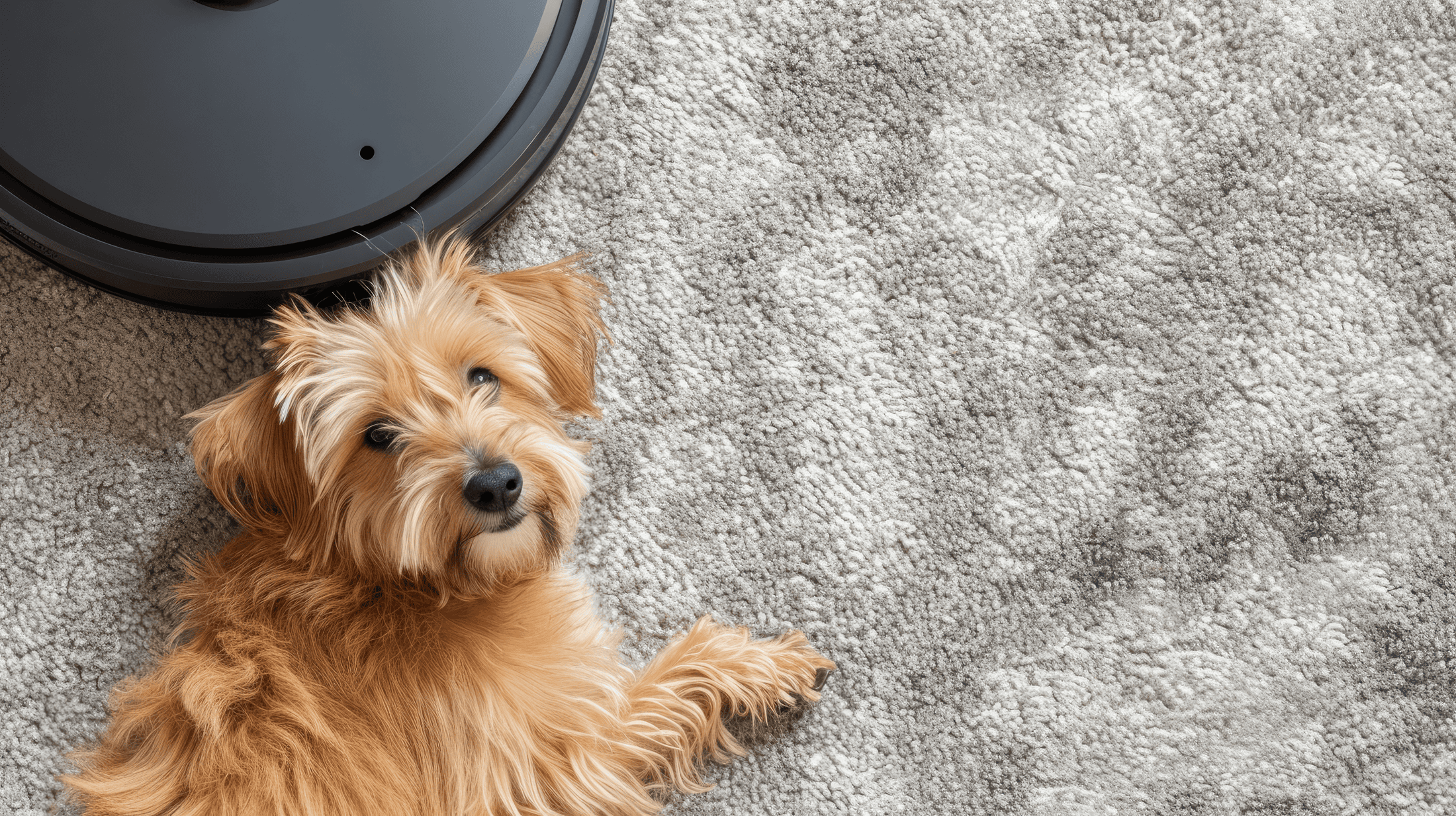
Gradually introduce your pup to different sounds, such as doorbells, vacuum cleaners, and street noises.
Sounds like thunder and fireworks can be especially scary for dogs. I like to play these noises at a low volume through speakers.
As my puppy listens with me, I practice some TTouches and feed her a treat or two.
Exposure to Different Surfaces
Take your pup on walks with different surfaces, including grass, concrete, gravel, and uneven terrain. This is a great way to level up your daily outings!
Car Rides and Travel
I love exploring the world with my dog. When I first met her, she had just stepped off a 14 hour flight from New Zealand. Talk about early exposure! This won’t be the case for most dogs.
For your puppy, a car ride might be his first travel experience.
If possible, ask someone to go with you for the first couple of car rides. That way, one person can drive and the other can practice TTouches on your pup.
The Ear TTouch is great for preventing carsickness.
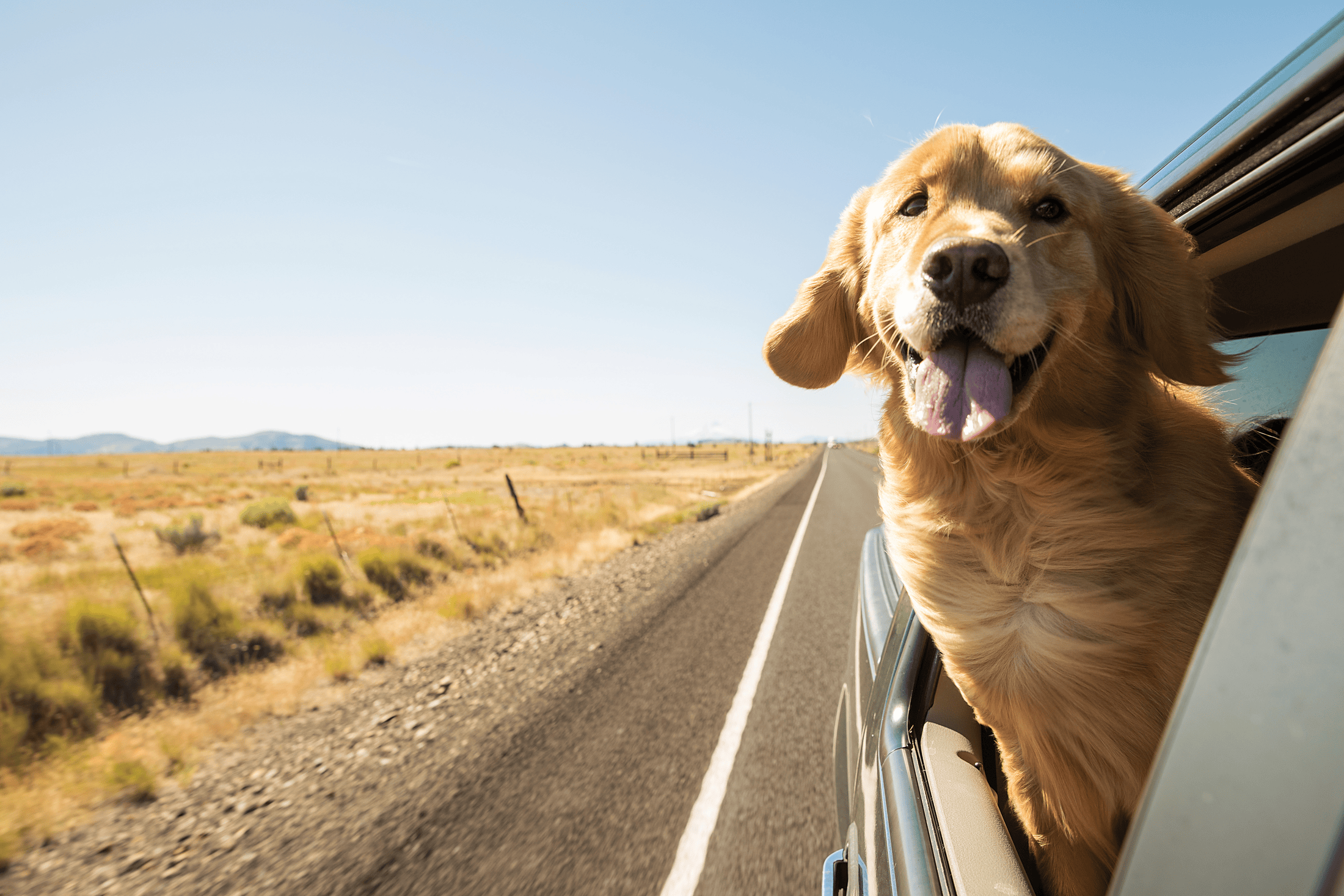 Frequently Asked Questions
Frequently Asked Questions
What is the Rule of 7s in puppy socialization?
You may have heard of the Rule of 7s. This rule suggests that you should expose your puppy to seven new experiences, environments, or stimuli each week. The idea is that your puppy has plenty of experiences but shouldn’t become overwhelmed.
In my experience, the best thing to do is pay attention to your puppy. Listen to what she is saying with her body language. Does she seem comfortable, confident, and excited? Great! Play on.
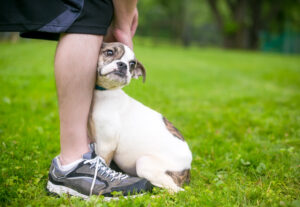 Does she seem timid, scared, or anxious? Reel it in a bit. Regroup and practice some TTouches.
Does she seem timid, scared, or anxious? Reel it in a bit. Regroup and practice some TTouches.
You can keep this Rule of 7s in the back of your head as a gentle reminder to keep socializing your puppy.But I’ve found that the best way to work with a puppy is in 1 minute sessions. Carve out a few spots in your day where you will work with your puppy for 1 minute at a time.
Maybe you just spend 1 minute one day but have several 1 minute sessions another day. I like to go with the flow and work with the signals my puppy gives me.
When is it too late to socialize a puppy?
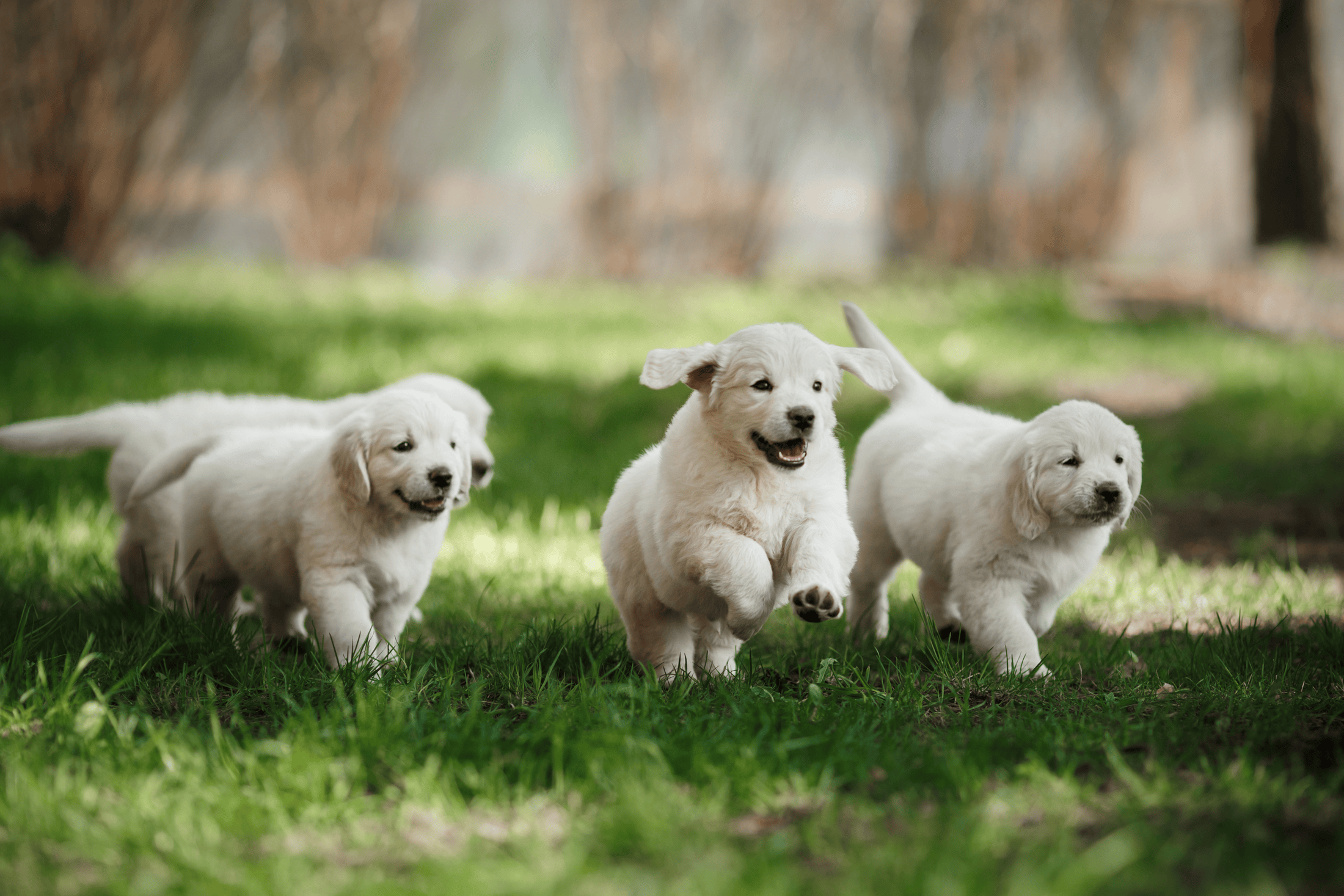 I’ve seen the best results when I start the socialization process early. While early socialization is ideal, it’s never too late to start. Dogs are so smart!
I’ve seen the best results when I start the socialization process early. While early socialization is ideal, it’s never too late to start. Dogs are so smart!
I’ve worked with many rescue dogs who weren’t socialized as puppies. Although they took a little extra time to become confident, they always learned! If you have an older puppy or even an older dog, my best advice is to be patient.
Adult dogs have more life experience. This means that they may be more fearful. It depends if they have had more good or bad experiences. Please be mindful that fearful dogs are the most likely to bite. If you suspect that your adult dog has fear aggression, please speak with your veterinarian.
How do you know if your dog is properly socialized?
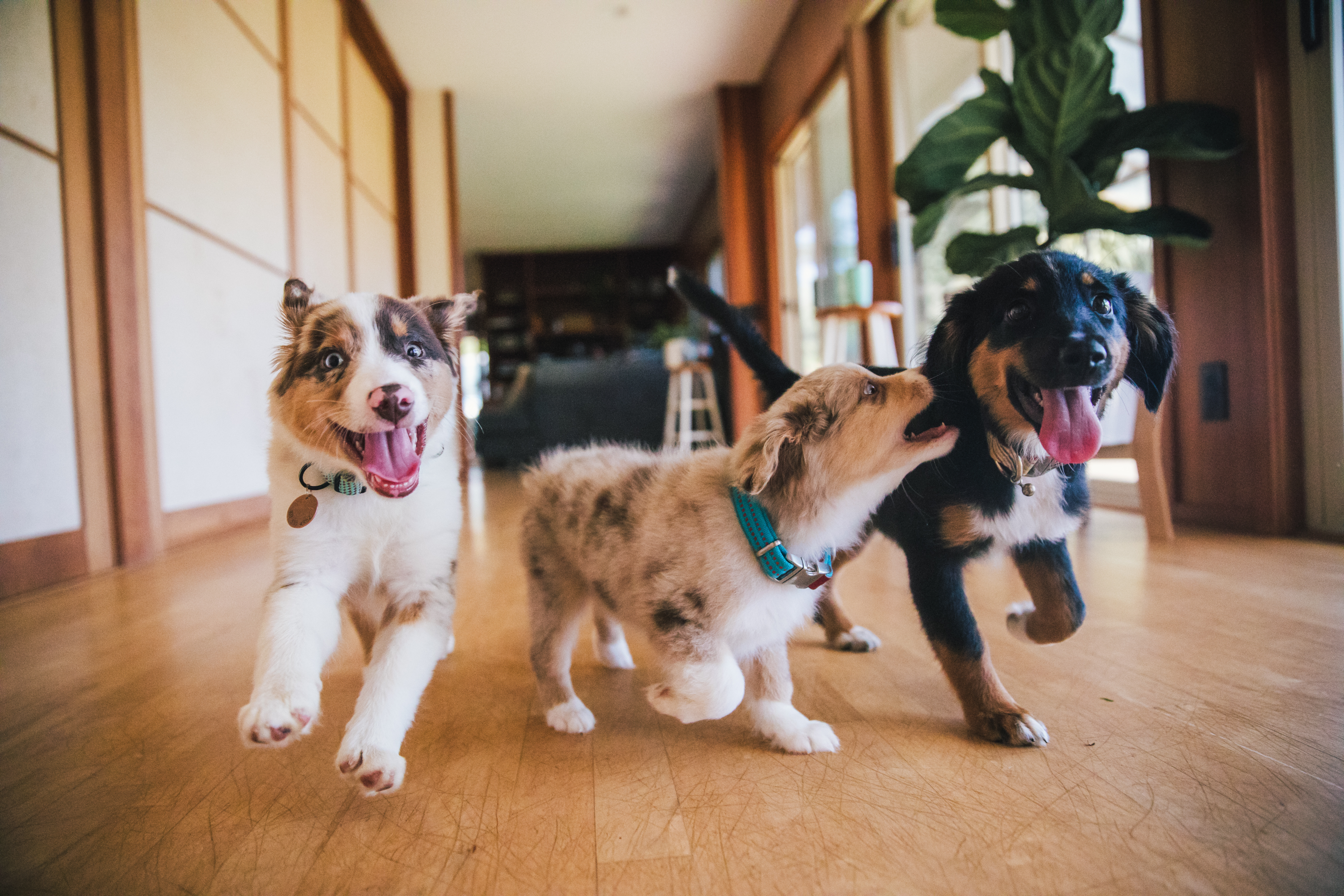
A socialized dog is confident and optimistic. He is friendly in various situations and remains calm in new environments. In my experience, anything can make dogs nervous at any stage of life. Like us, dogs have powerful emotions. Let these moments be a gentle reminder that there is always something to work on.
And working on these skills is a two-way street! Dogs and even young puppies are very talented at reading our emotions, body language, and tone of voice. When I’m with my dog, I always try to be mindful of my reactions. I stay calm when I want my dog to stay calm. I radiate confidence when I want my dog to be confident.
My Puppy Socialization Checklist
1. People Encounters:
- Adults of various ages
- Children (supervised interactions)
- People wearing hats, sunglasses, hoodies, an eyepatch, etc.
- Individuals with different ethnicities and appearances
- People with canes, walkers, or in wheelchairs
- Men with facial hair
2. Sounds of the World (Play these sounds electronically first):
- Doorbell ringing
- Vacuum cleaner
- Sirens
- Construction noises
- Thunder sounds
- Fireworks sounds
3. Different Surfaces:
- Grass
- Concrete
- Gravel
- Sand
- Hardwood floors
- Metal grates or grills
4. Various Environments:
- Dog-friendly parks
- Busy streets with traffic
- Outdoor markets
- Outdoor cafes
- Quiet rural areas
- Bodies of water
5. Objects and Obstacles:
- Umbrellas opening and closing
- Balloons
- Strollers
- Bicycles
- Skateboards
- Wagons
6. Animal Encounters:
- Calm dogs of different sizes
- Cats (slow introduction)
- Birds
- Rabbits or small animals
- Horses (if available and safe)
7. Handling and Grooming:
- Gentle petting by various people
- Nail clippers (no actual clipping, just exposure)
- Brushing and combing
- Ear touching and inspection
- Teeth brushing
8. Wearable Objects:
- Plastic bags gently rustling
- Large umbrellas
- Hats and scarves
- Sunglasses
- Crutches or walking sticks
- People wearing costumes
9. Transport Experiences:
- Short car rides
- Bus or train stations (observing from a distance)
- Elevators
- Escalators
10. Novel Experiences:
- Bubble machines
- Musical instruments
- Remote-controlled toys
- Mirrors
- Flashlights or laser pointers
So, there it is! You can adjust this list to suit your unique situation. If you don’t get to everything on this list, that is perfectly fine. In my experience, you will encounter new experiences with your dog for the rest of his life.
As you try new things together, be mindful of your own energy. Your dog will feed off of your confidence and enthusiasm in new situations. If your puppy ever becomes overwhelmed, take a break. Practice some TTouches and reassure your pup that everything will be okay. Together, you can accomplish anything.
Happy socializing!






